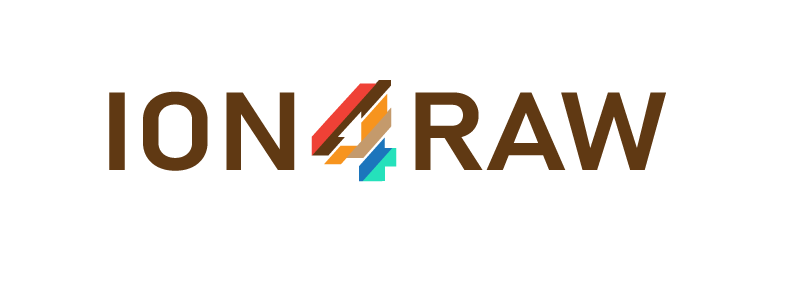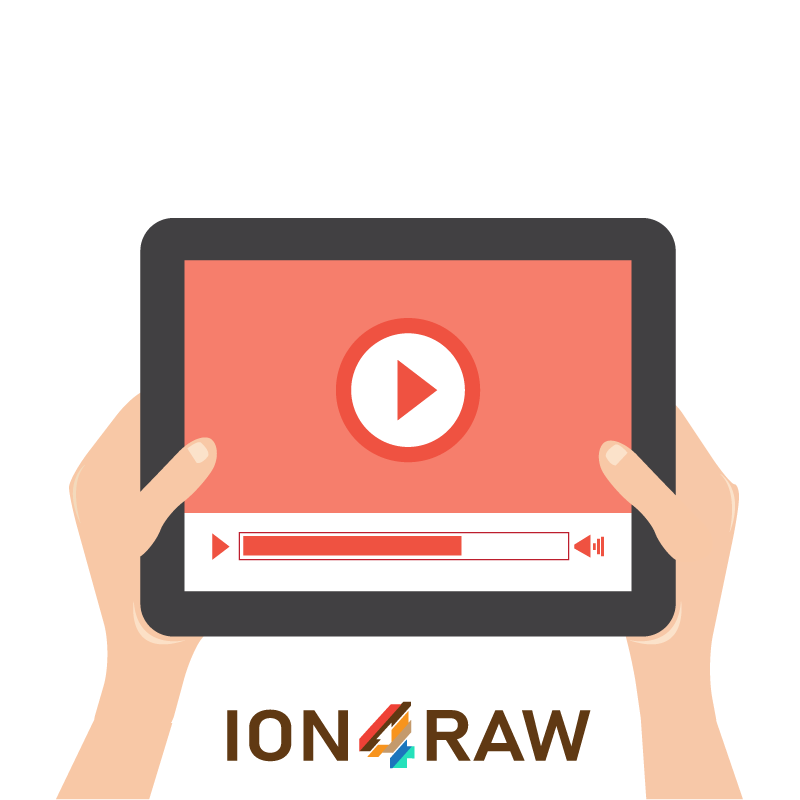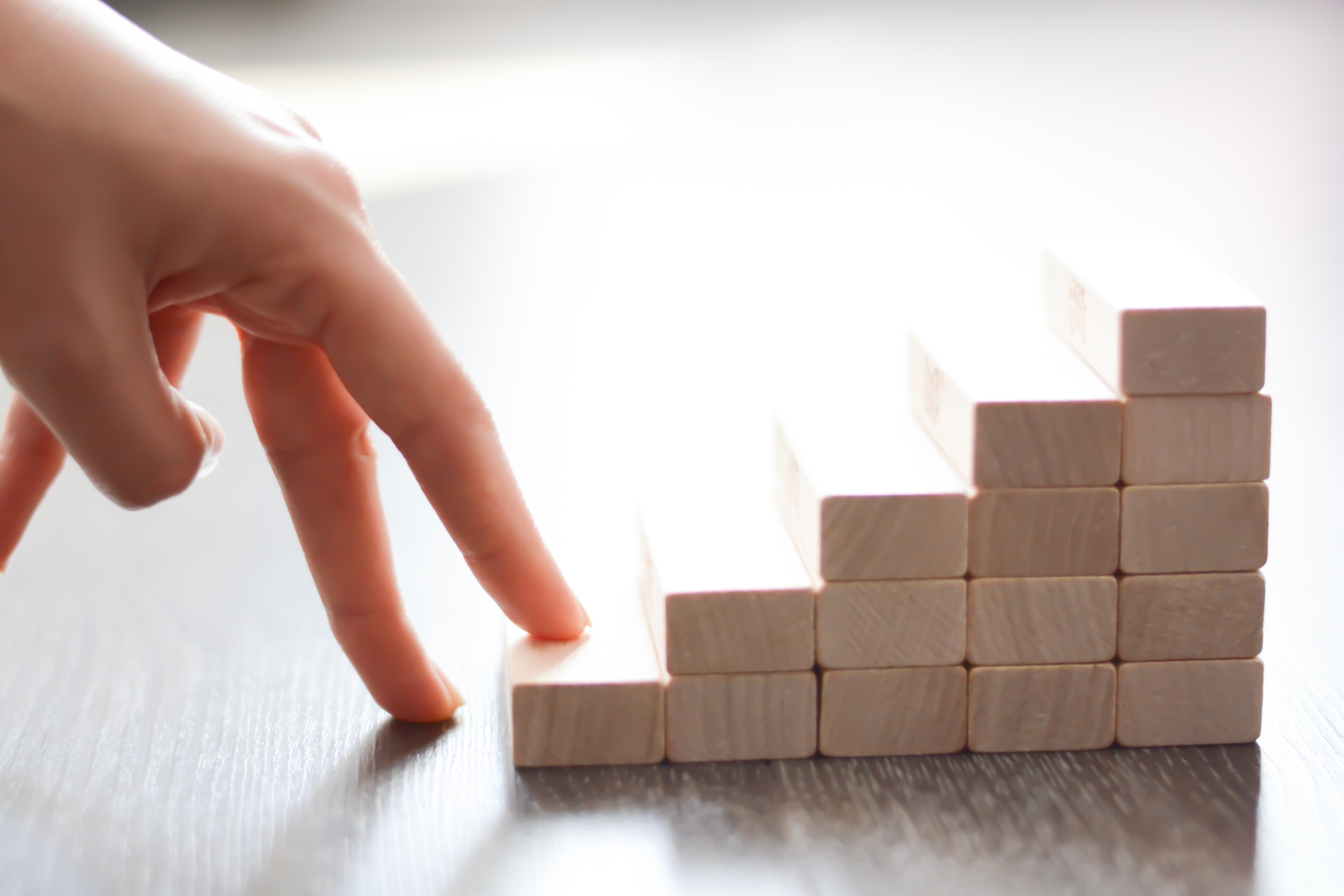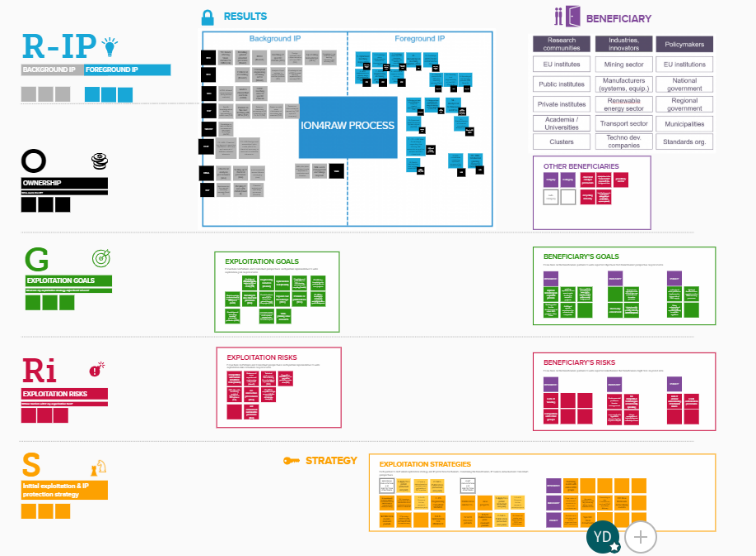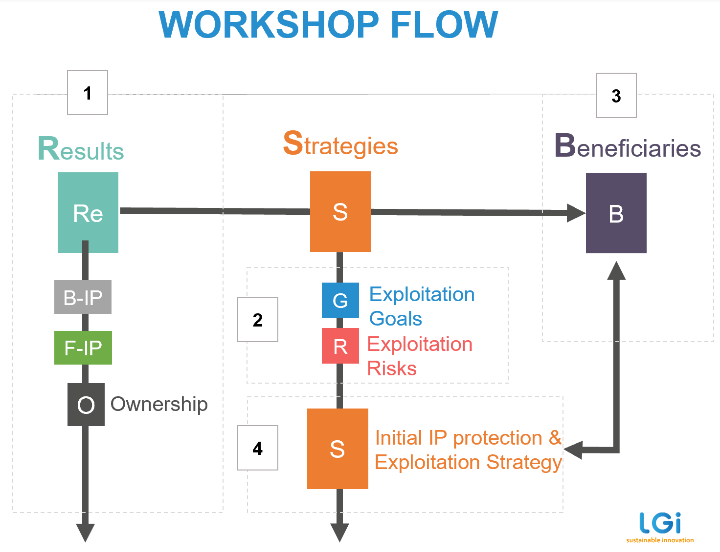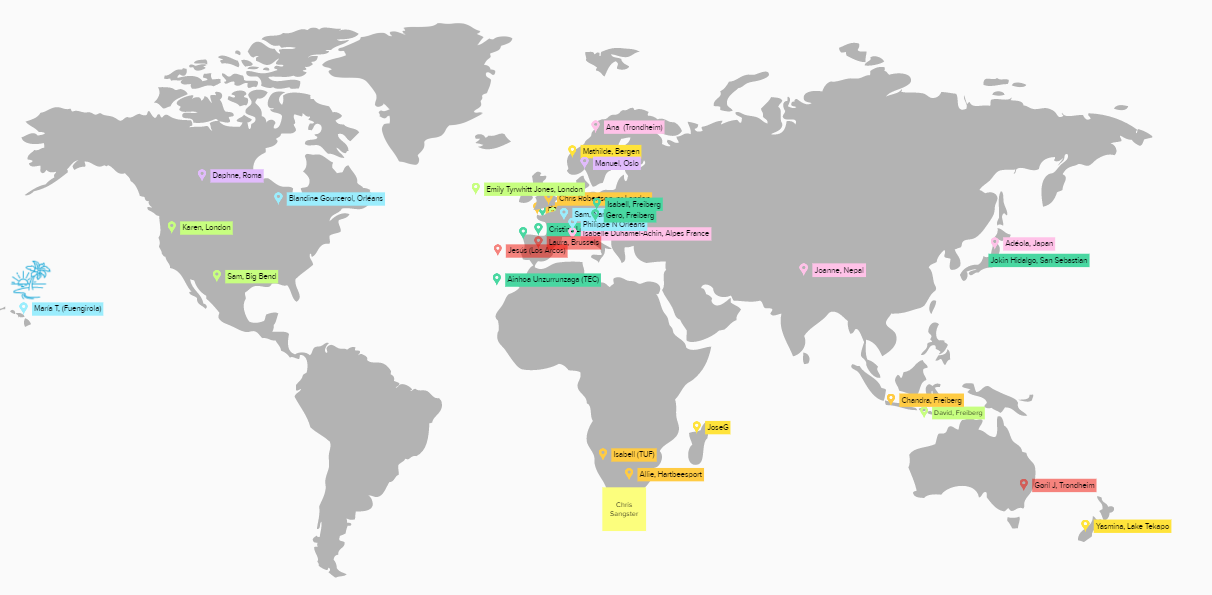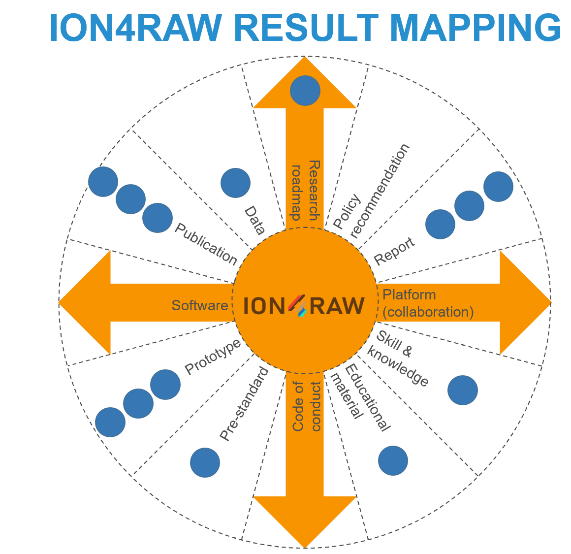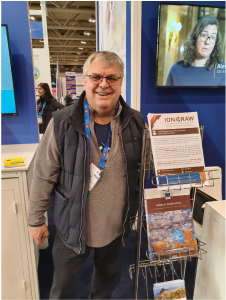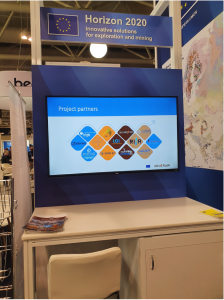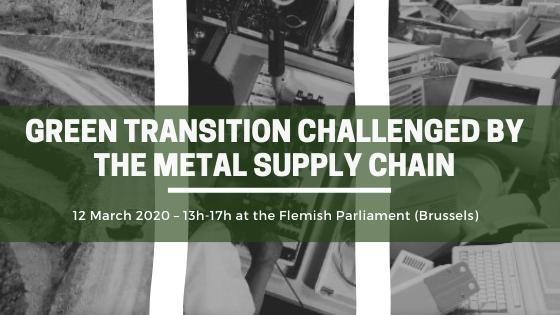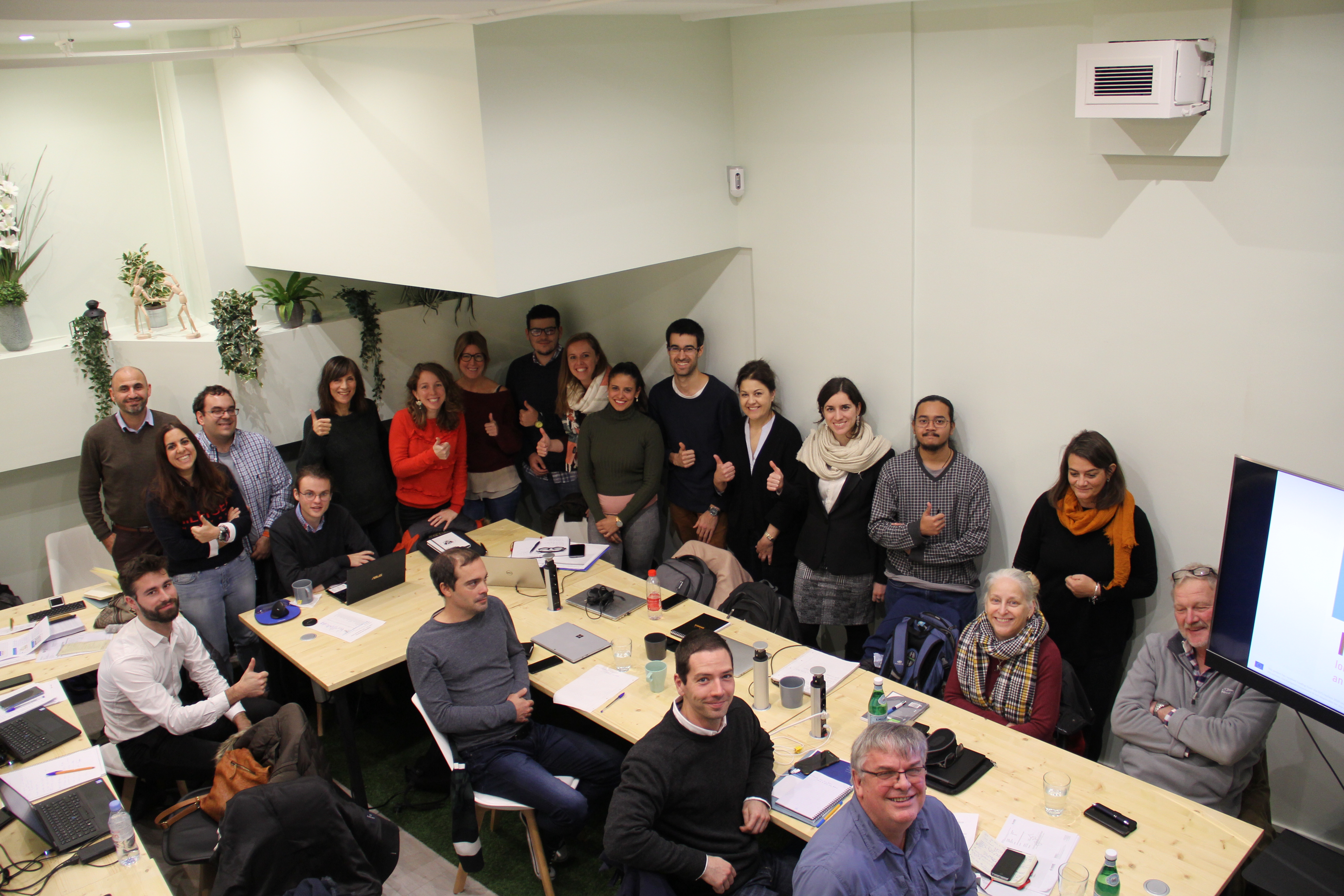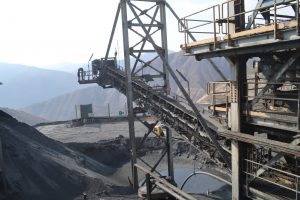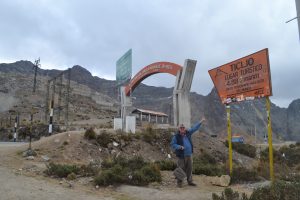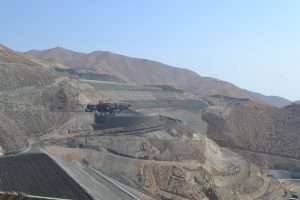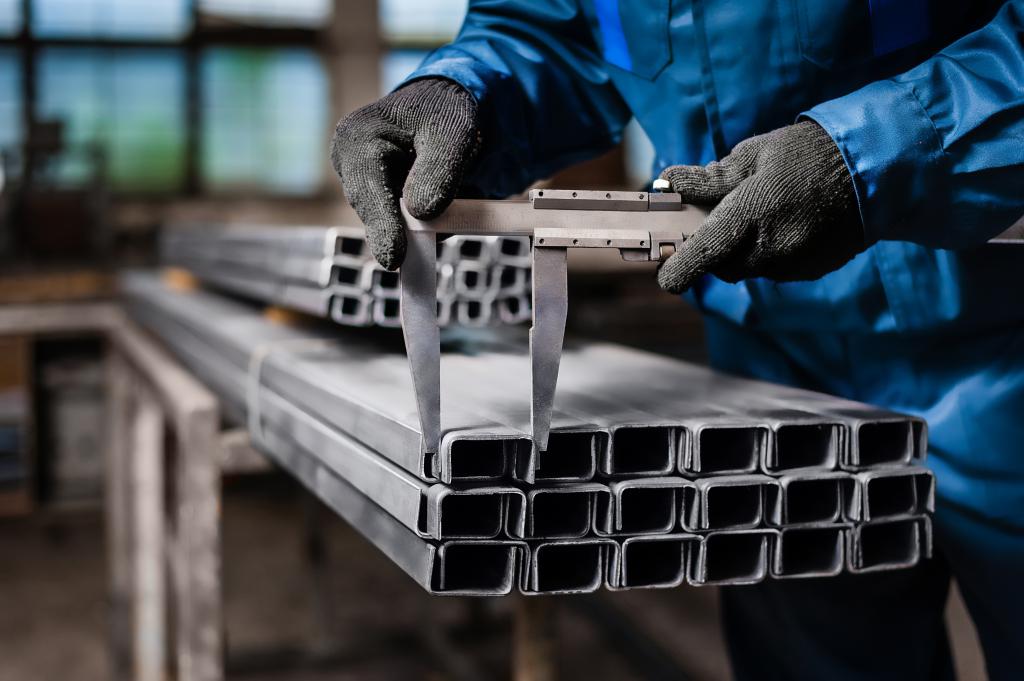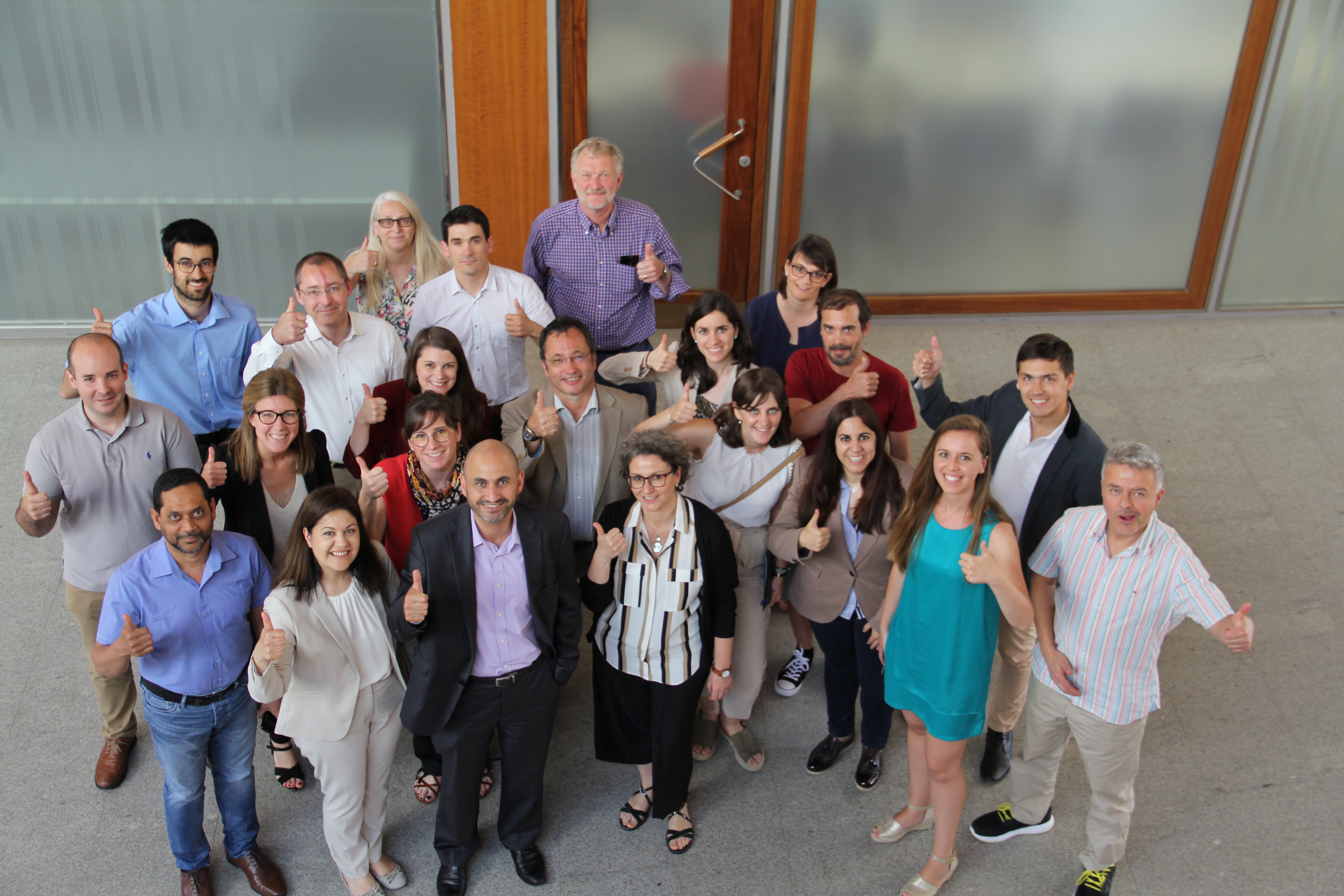RE-PUBLISHED FROM THE WARDELL ARMSTRONG WEBSITE
Our Mineral Processing Team is currently undertaking work as part of the Ion4Raw project, which is a European Union – Horizon 2020 funded project looking at the cost-effective recovery of by-products from primary sources.
As part of the study, a team in our laboratory in Truro, Cornwall, are processing samples containing both base and precious metals from a variety of sources in order to generate samples of concentrates for further testing using Deep Eutectic Solvent (DES) technology.
This current campaign is looking at the treatment of approximately 2.7 tonnes of polymetallic ore (Cu-Pb-Zn) from a Peruvian mine and involves the recovery of all three metals to recover two separate concentrate; copper + lead and zinc.
“In undertaking this work, we are using our existing pilot testing equipment in combination with various pieces of laboratory equipment which have been repurposed to operate on a continuous basis, specifically for this programme of work.” Says Associate Director, Ben Simpson. “In doing so, this is the first time that we have attempted to process two separate concentrates at the same time using our pilot plant and represents a key development in the capabilities that Wardell Armstrong is able to offer both to our research partners and commercial clients.”
Our expertise, combined with the mineral processing pilot plant facilities, is not commonly available in Europe and Wardell Armstrong is now firmly established as a centre of excellence and in high demand – not only by our current industrial clients but by research consortia across Europe. By participating in these high profile, multi Partner, multi-national research projects we can keep at the forefront of technological advances and remain the Partner of choice for many mining clients.
Watch the process on the video below:

